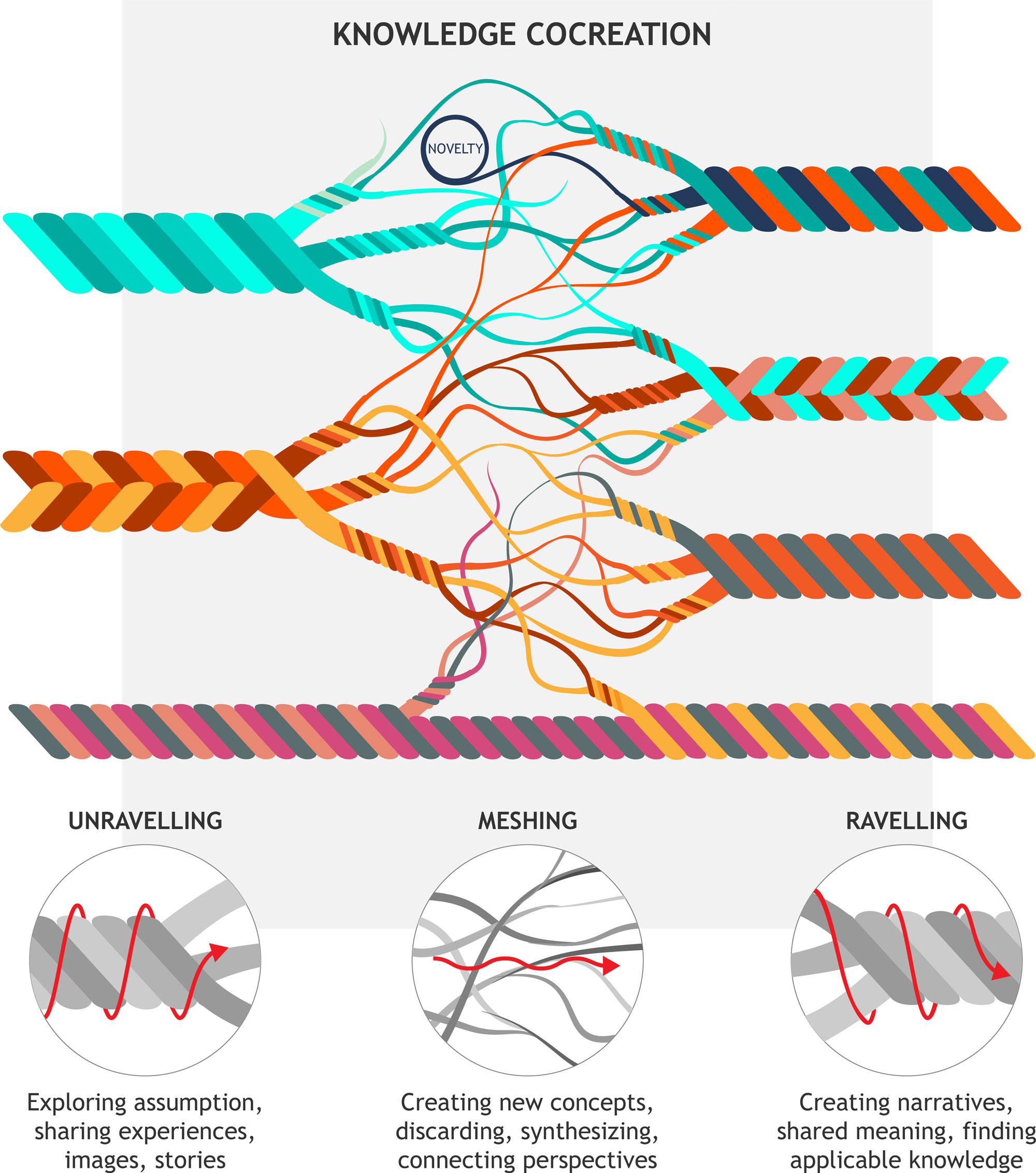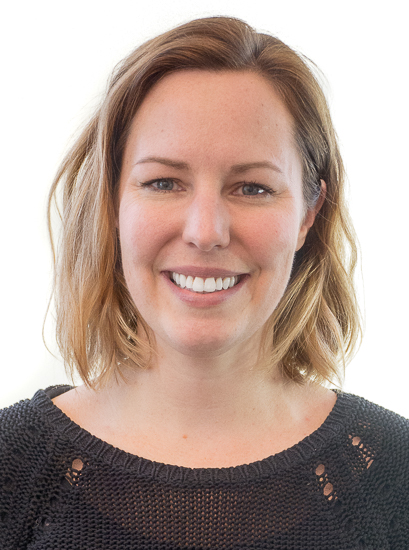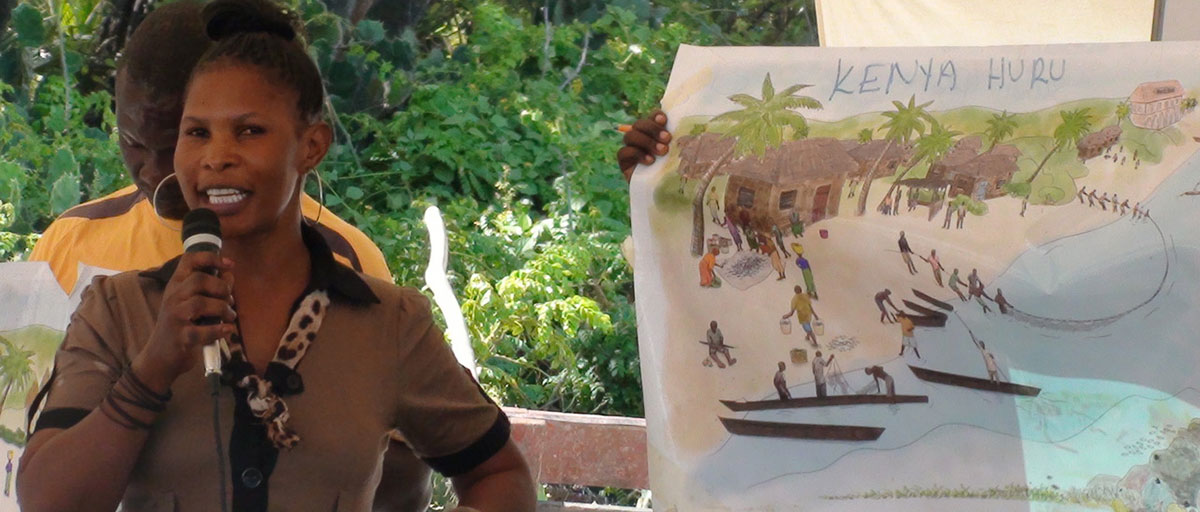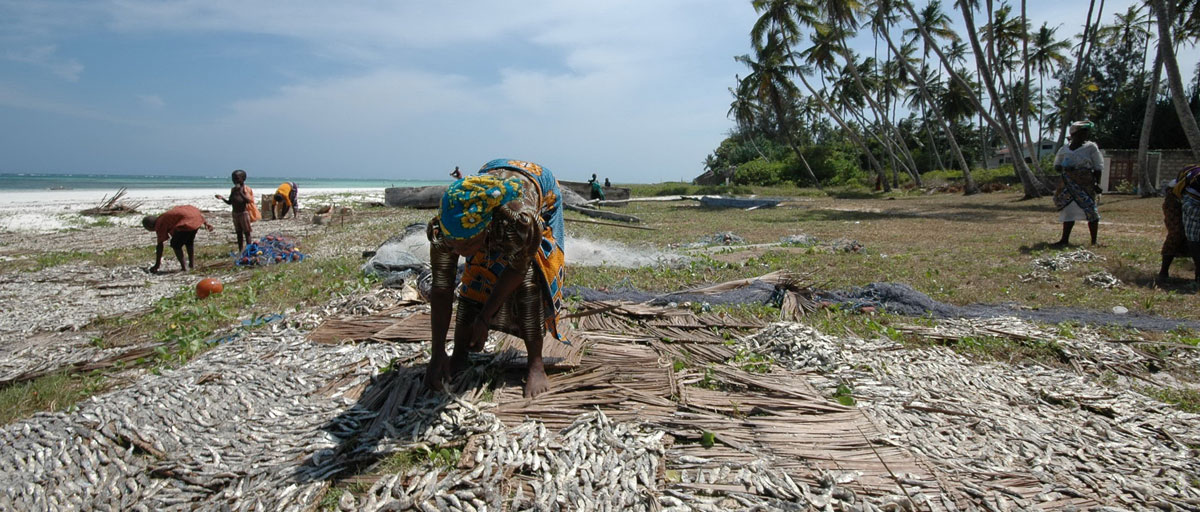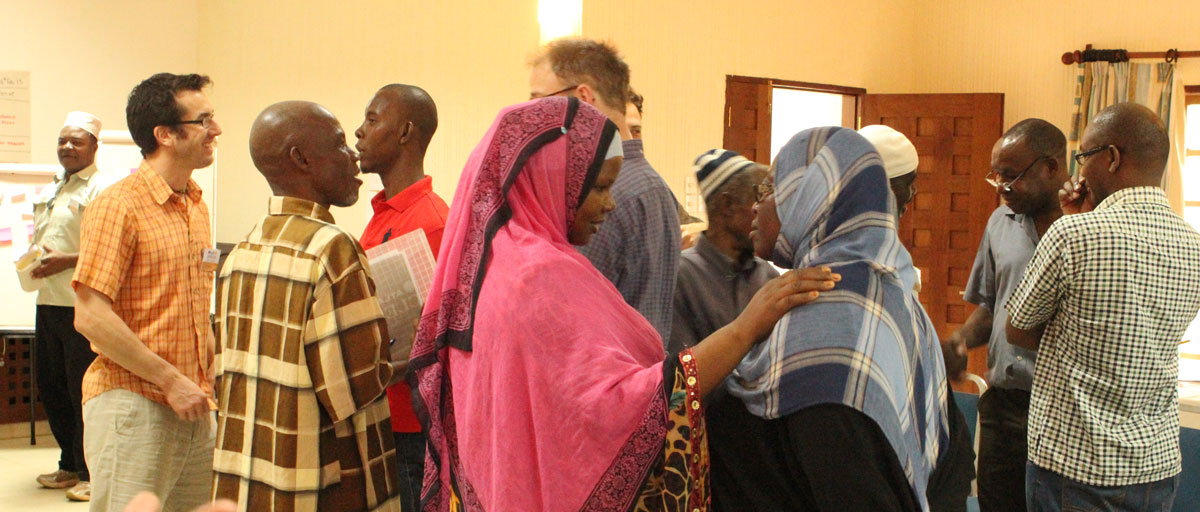
A new study that draws on a series of participatory workshops in Kenya and Mozambique shows the importance of listening to and telling stories rooted in people’s lived experiences to enable transformations to sustainability. Photo: D. Galafassi
Bildtext får vara max två rader text. Hela texten ska högerjusteras om den bara ska innehålla fotobyline! Photo: B. Christensen/Azote
Coastal management
Transforming narratives
To create change in coastal districts of Kenya and Mozambique, dominant narratives must be challenged by stories rooted in people’s lived experiences
• New study shows the importance of listening to and telling stories rooted in people’s lived experiences to enable transformations to sustainability
• Drawing on a series of participatory workshops in Kenya and Mozambique the authors conclude that it is difficult but crucial to challenge dominant narratives
• To succeed it is important to reach both individuals with high institutional power and marginalized groups
Changing perspectives by listening to new ones is usually a good thing. It generates new ideas. How can that be applied to the coastal districts of Kenya and Mozambique, where poverty is rife and ecosystems are degrading?
In order to address this, a team of researchers from the centre and elsewhere observed and analysed a series of workshops with scientists, community representatives, government representatives, and practitioners who had expertise or experience in poverty and coastal natural resource management in the two countries.
The intensively facilitated workshops aimed to co-create understandings of the relationships between ecosystem services and poverty and to explore possible future scenarios and potential interventions.
Our results highlight the difficulties of challenging dominant narratives and the creative potential that exists in reflecting on their underpinning assumptions
Diego Galafassi, lead author
The team behind the study includes centre researchers Diego Galafassi, Tim Daw, Matilda Thyresson and Ida Gabrielsson, as well as colleagues from Kenya, Mozambique, UK and Portugal. They conducted the study within the SPACES research project (Sustainable Poverty Alleviation from Coastal Ecosystem Services). The project uses social and natural science fieldwork and analysis as well as participatory workshops and dialogues with stakeholders to disseminate findings and co-create potential solutions. SPACES is a collaboration between SRC, Exeter University, Kenya Marine and Fisheries Research Institute (KMFRI), Wildlife Conservation Society (WCS), and a number of other institutions in Kenya, Mozambique, UK and North America.
System mapping and scenarios
A range of system mapping and scenario tools were used in the workshops to support the exchange of knowledge and understanding of challenges. Diego Galafassi along with a team closely observed the process of the workshops and interviewed participants and facilitators. With these techniques the research team was able to explore how participants’ narratives shaped the outcomes of the process.
“Our results highlight the difficulties of challenging dominant narratives and the creative potential that exists in reflecting on their underpinning assumptions,” they write.
The team of researchers also draw attention to the limitations of participatory workshop methods to challenge and open up narratives for new interpretations.
“Even when carefully facilitated, narratives can still be perpetuated and accommodated within the processes and artifacts produced, particularly by actors with greater discursive power,” they write.
Fruitful insights
The study concludes with fruitful insights that can help inform the design of processes that may lead to shared narratives and transformative change. They summarise these insights in three broad categories:
First, they emphasize the importance of listening to and telling stories rooted in participants’ lived experiences as an important starting point to build “shared conceptual repertoires”. Stories play an important role in grounding concepts and making them understandable to different people. Stories are crucial in shaping new shared ideas for how to tackle the challenges of poverty alleviation and ecosystem sustainability.
Secondly, they conclude that designing interventions for transformative change relies on peoples’ assumptions of how a system works. In this context they also advocate for spending time on the co-construction of shared metaphors and reflecting on how they shape a group’s understanding.
Thirdly, they found that even though shared understanding and jointly framed challenges may boost collective action, it is often challenging to break away from established perspectives. That means change is likely to be more incremental rather than rapid.
These insights led the researchers to suggest that knowledge co-creation goes through three stages summarized as, unravelling when concepts are explored by sharing stories and experiences, meshing when new concepts are formed by synthesis and creativity, and ravelling when narratives and shared meanings emerge.
Methodology
The study was built around a transdisciplinary approach where knowledge was collaboratively developed among practitioners and scientists and included additional observation, self-reflection, and analysis of the process. A range of methods was used to study the knowledge co-creation process, including participant observations, debrief interviews, and analysis of audio recordings from interactions. Participants were also interviewed before and after the workshops to map their framings of main challenges and opportunities within the coastal system. Each workshop was also preceded and followed by participant surveys. With this the researchers were able to compare how techniques of system diagrams and narrative scenarios influenced and structured conversations.
Galafassi, D., T. M. Daw, M. Thyresson, S. Rosendo, T. Chaigneau, S. Bandeira, L. Munyi, I. Gabrielsson, and K. Brown. 2018. Stories in social-ecological knowledge cocreation. Ecology and Society 23(1):23.
https://doi.org/10.5751/ES-09932-230123
Diego Galafassi is a newly graduated PhD student at the centre. His research explores practices that support knowledge integration for transformations.
Tim Daw studies the interaction between ecological and social aspects of coastal systems and how these contribute to human wellbeing and development.
Ida Gabrielsson currently works as a Communications assistant Global Resilience Partnership which is hosted by the Stockholm Resilience Centre. She previously worked as communications and impact officer for SPACES.
